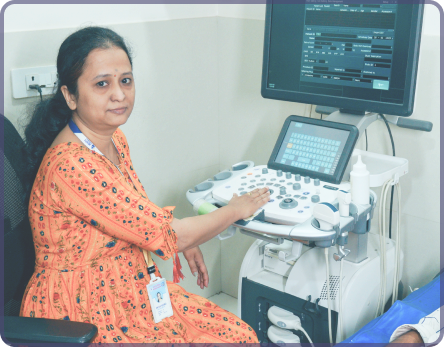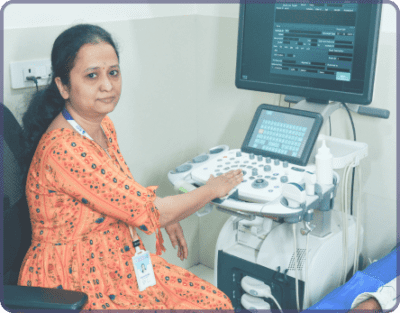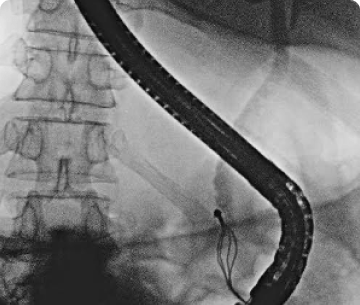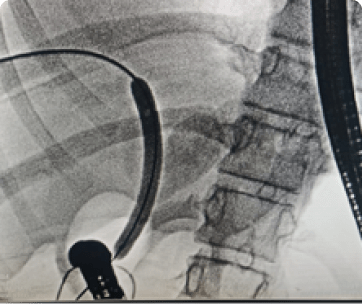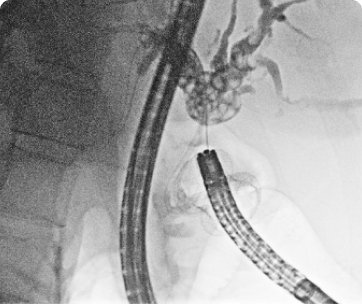ESOPHAGEAL PH & IMPEDANCE
An esophageal manometer is a medical device used to measure pressure and movement in the esophagus, the muscular tube that connects the throat to the stomach.
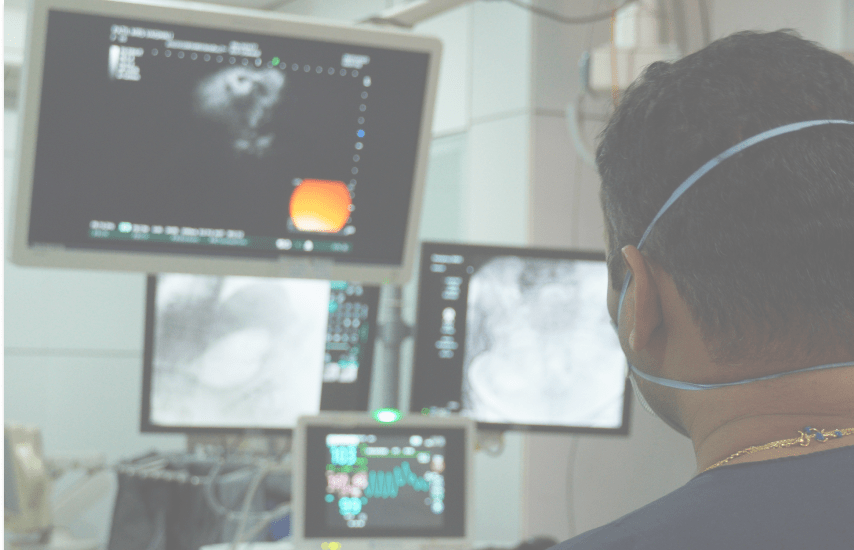
ESOPHAGEAL MANOMETER

An esophageal manometer is a medical device used to measure pressure and movement in the esophagus, the muscular tube that connects the throat to the stomach.
Esophageal manometry is performed to evaluate the function of the esophagus and diagnose conditions such as achalasia, gastroesophageal reflux disease (GERD), and other motility disorders.
1,11,1000+ CASES HANDLED
3 HI-TECH ENDOSCOPY DEVICES
5+ SPECIALIST GI ENDOSCOPIST
Esophageal pH and impedance monitoring is performed by placing a thin, flexible tube through the nose and into the esophagus. The tube contains sensors that measure the pH levels and impedance of the esophageal contents.
Esophageal pH and impedance monitoring may be advised for patients who are experiencing symptoms of gastroesophageal reflux disease (GERD), such as heartburn, regurgitation, or difficulty swallowing. This test may also be recommended if the patient is not responding to treatment for GERD, or if there is suspicion of another underlying condition that may be causing the symptoms.
Esophageal pH and impedance monitoring can provide valuable information about the frequency, duration, and type of reflux in the esophagus. This information can help the doctor to diagnose and develop a treatment plan for GERD or other conditions that affect the esophagus.
Additionally, esophageal pH and impedance monitoring may be used to evaluate the effectiveness of treatment for GERD or to assess the severity of the condition. Overall, this test is typically advised for patients who are experiencing persistent symptoms of GERD or other esophageal disorders.
The patient will be given specific instructions on preparing for esophageal pH and impedance monitoring, including fasting for a certain period before the procedure and stopping certain medications. It is essential to follow these instructions carefully to ensure the procedure goes smoothly.
Esophageal pH and impedance monitoring is generally a safe procedure, but there are some risks, including nosebleeds, discomfort, or irritation in the throat or nasal passages. Rarely, there may be a perforation or injury to the esophagus.
Esophageal manometry is performed by passing a thin, flexible tube through the nose and into the esophagus. The tube contains pressure sensors that measure the muscle contractions and relaxation in the esophagus.
Esophageal pH and impedance monitoring may be advised for patients who are experiencing symptoms of gastroesophageal reflux disease (GERD), such as heartburn, regurgitation, or difficulty swallowing. This test may also be recommended if the patient is not responding to treatment for GERD, or if there is suspicion of another underlying condition that may be causing the symptoms.
Esophageal pH and impedance monitoring can provide valuable information about the frequency, duration, and type of reflux in the esophagus. This information can help the doctor to diagnose and develop a treatment plan for GERD or other conditions that affect the esophagus.
Additionally, esophageal pH and impedance monitoring may be used to evaluate the effectiveness of treatment for GERD or to assess the severity of the condition. Overall, this test is typically advised for patients who are experiencing persistent symptoms of GERD or other esophageal disorders.
The patient will be given specific instructions on preparing for esophageal manometry, which may include fasting for a certain period before the procedure and stopping certain medications. It is essential to follow these instructions carefully to ensure the procedure goes smoothly.
Esophageal pH and impedance monitoring is generally a safe procedure, but there are some risks, including nosebleeds, discomfort, or irritation in the throat or nasal passages. Rarely, there may be a perforation or injury to the esophagus.

PROCEDURES WE CONDUCT
FREQUENTLY ASKED QUESTIONS
FREQUENTLY ASKED QUESTIONS
Don’t wait!!
Get consulted with our GI specialist today
Book your appointment effortlessly.
ANTRANG KNOWLEDGE RESOURCE
ANTRANG KNOWLEDGE RESOURCE
get in touch
We are just a phone call away when you need us!




